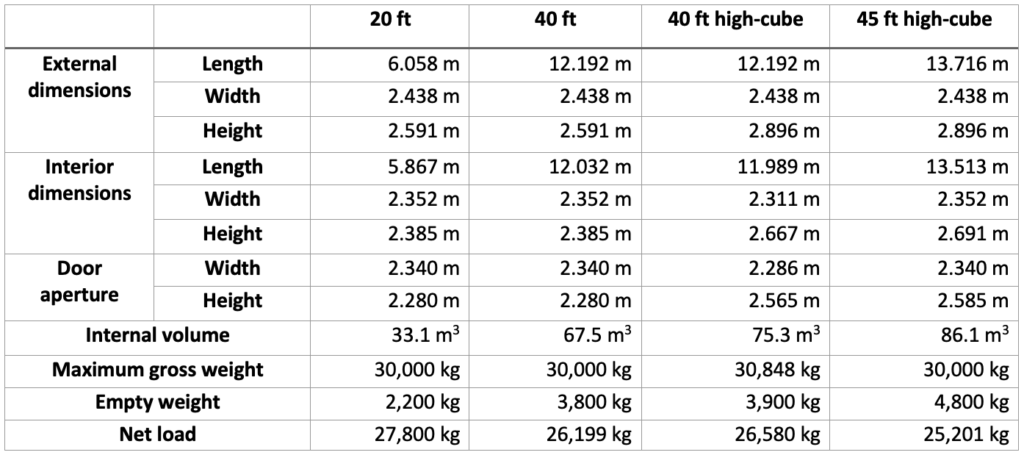From the moment the cargo leaves the seller’s premises, all responsibility is that of the buyer. The buyer takes ownership and full risk, they are responsible for all payments concerning transportation and insurances. The EXW can be used for all modes of transportation.
When goods are cleared for export the FCA term is applied when the seller is required to load the cargo on the buyer’s receiving shipping carrier. All responsibility is passed on to the buyer once the goods are loaded onto the receiving vessel. At this point, the buyer is responsible for all costs and insurances.
If the seller seeks the services of third party provider to assist with the transportation of the cargo the seller is responsible for arranging the carriage and payment of all associated costs.
If the seller seeks the services of third party provider to assist with the transportation of the cargo the seller is responsible for arranging the carriage and payment of all associated costs. The seller is also required to provide minimum insurance cover of the cargo during transportation. The seller is only required to provide the most basic insurance cover, it is the responsibility of the buyers to arrange more premium cover if required.
When the seller is responsible for delivery and unloading of the cargo at an agreed destination “terminal”. The destination terminal as specified by the buyer could be any location or site, such an air cargo carrier, courtyard, warehouse, road side etc. It is the seller who bears all risks for loss or damage of the cargo until the goods are unloaded at the terminal.
Delivered At Place is when the seller bears all risk of transporting the shipment to the a specific destination that has been arranged between the buyer and seller. The buyer becomes responsible once the cargo has arrived at the destination. The buyer is responsible for all unloading of the goods at the place of delivery.
The seller is responsible for arranging all modes of transport and customs clearance requirements, including the fee’s associated, for both export and import. The seller bears all risk and costs concerned with delivery of the cargo to the agreed destination place.
The buyer may nominate cargo to be transported “Alongside Ship”, at the port of shipment. From the moment the goods are alongside the ship, all responsibility for loss and/or damage to the goods rest with the buyer.
Similar to that of the Free Alongside Ship, Free On Board is used when the buyer is loading the cargo onto a vessel. From the moment the goods are loaded onto the ship, the buyer is responsible for all costs, insurances and for receiving the cargo.
Cost and Freight is used when the seller is responsible for loading the goods onto the vessel for shipping and has paid all transportation costs. The buyer becomes responsible for the any loss or damage and also for any insurance costs from the moment the cargo is loaded onto the ship by the seller.
Cost Insurance and Freight is used when the seller is responsible for loading the goods onto the vessel for shipping, all transportation fees and arranging insurance cover for the cargo. From the moment the good are loaded onto the ship at the port the buyer becomes responsible for any loss or damage to the cargo. It is important to understand that the buyer is only obliged to arrange the minimum insurance policy for the cargo. The buyer may wish their cargo to be covered with a more premium insurance policy, this should be agreed with the seller prior to the loading of the goods on the vessel or a separate insurance policy should be obtained by the buyer.
